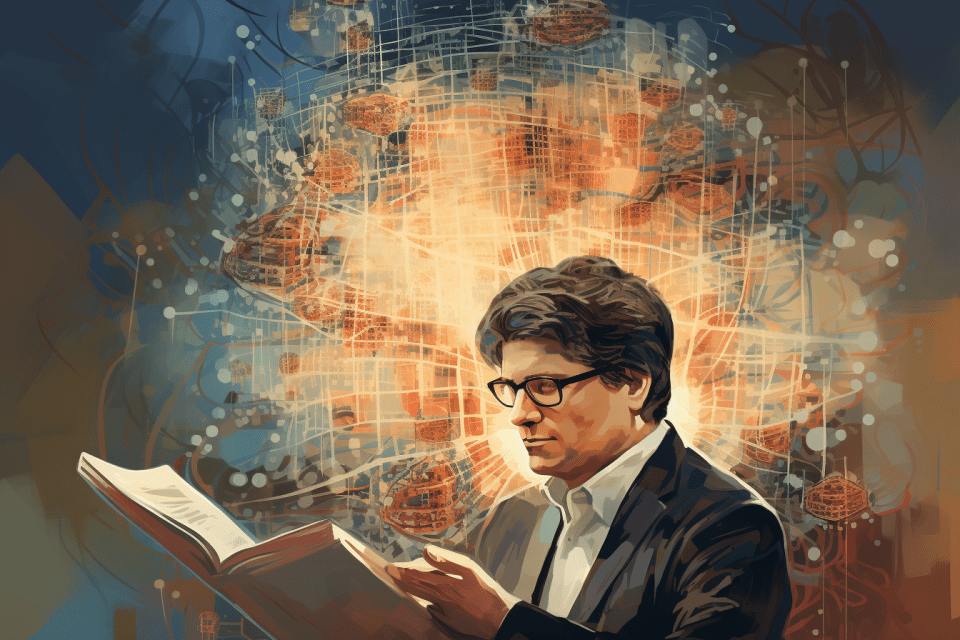The Impact of DjVu Image Compression on Machine Learning and AI
In a recent series of tweets, Yann LeCun, a renowned figure in the field of artificial intelligence, shared his experiences and insights on the development of the DjVu image compression format and its profound impact on the machine learning (ML) and AI community.
LeCun began the DjVu project in the mid-1990s at AT&T Labs, aiming to create an efficient method for distributing high-resolution scanned documents over the Internet. The DjVu format, later released in the late 90s/early 00s, found adoption by platforms such as the Internet Archive.
LeCun’s initiative to scan and distribute the complete collection of Neural Information Processing (NIPS) conference proceedings further exemplified the format’s usefulness. Gaining permission from publishers Morgan Kaufman and MIT Press, who were not earning revenue from past proceedings, LeCun and his team successfully made these resources widely accessible by 2000 through a free website.
This move was pivotal in shaping the culture of the ML/AI community towards open-access and rapid sharing of preprint publications. Around the same time, the community’s pushback against commercial journal publishers led to the creation of the Journal of Machine Learning Research (JMLR), an open-access and free journal, further endorsing this trend.
LeCun also recounted an intriguing episode with Springer, the for-profit publisher that owned rights to the first volume of NIPS. Initially refusing permission for digital dissemination, a surge of email requests directed at a Springer executive led to rapid reversal of this decision, highlighting the community’s collective influence.
Other contributors to the DjVu project, such as Léon Bottou and Patrick Haffner, were acknowledged by LeCun for their significant roles. The format’s legacy extends beyond academic circles, influencing projects like Google’s book scanning initiative and the Internet Archive’s Million Books project.
LeCun’s reflections shed light on the evolving dynamics of intellectual property in the digital age, emphasizing the importance of open-access resources in democratizing knowledge and fostering innovation in fields like machine learning and AI.
Image source: Shutterstock

